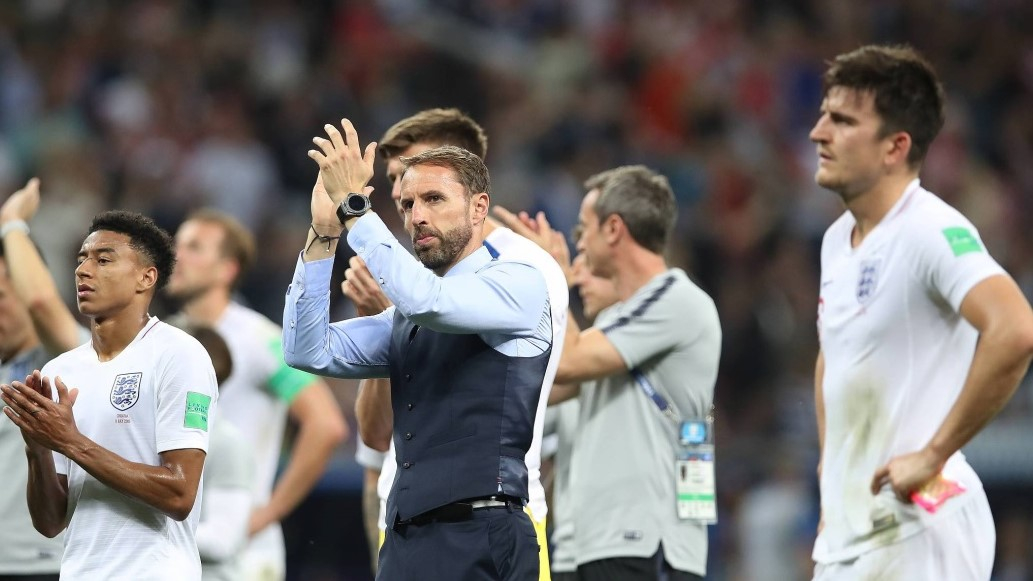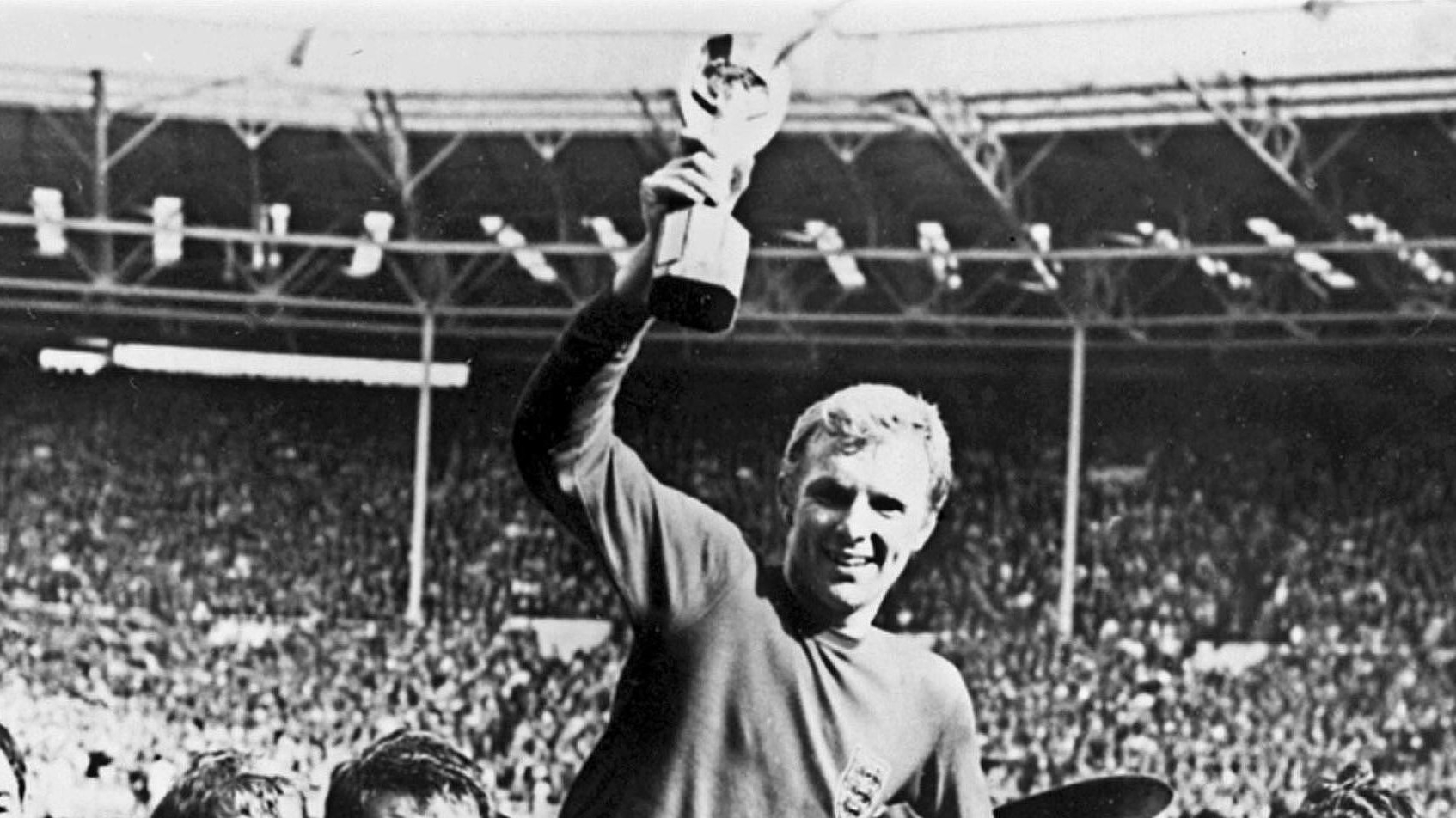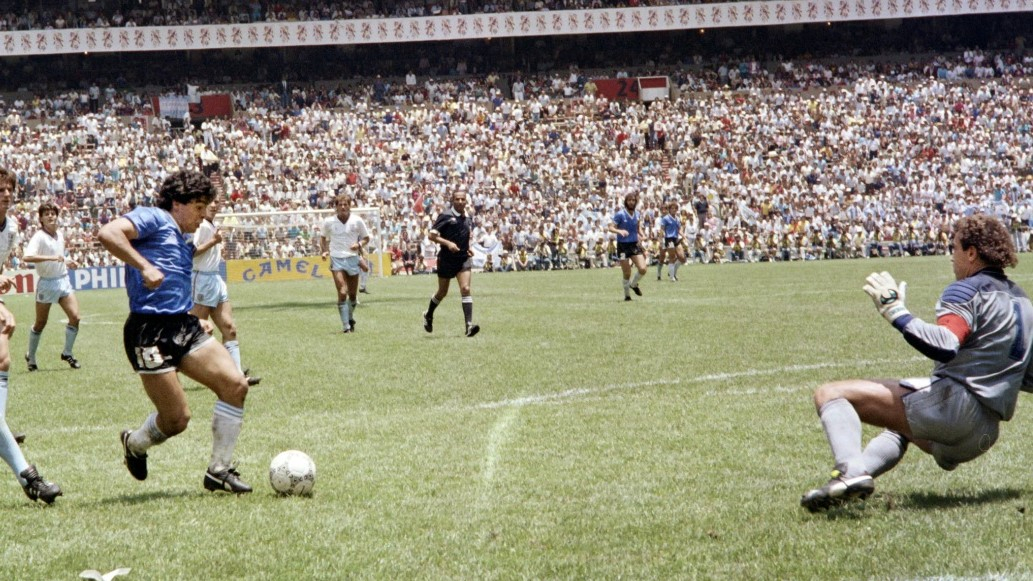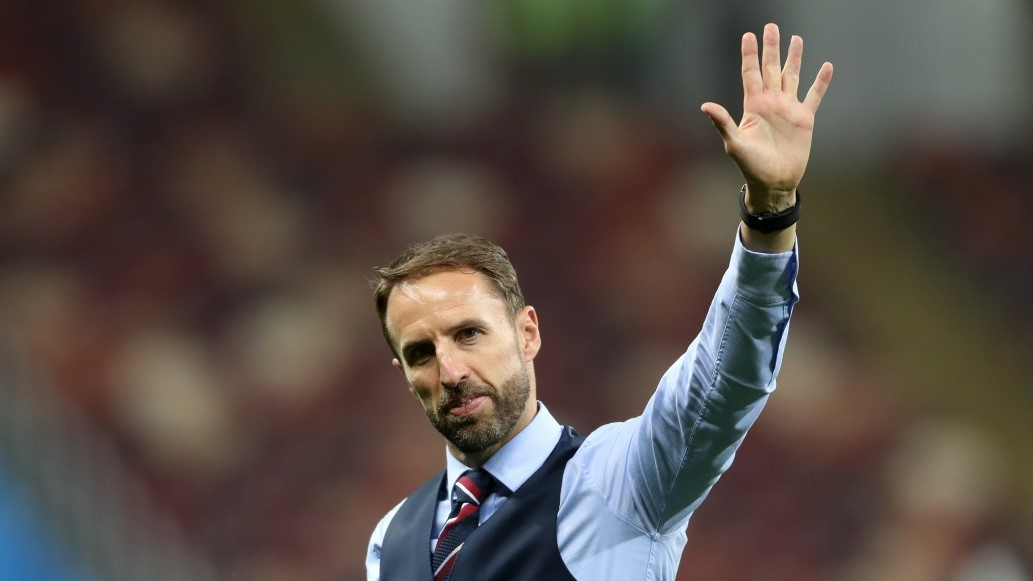
WorldCup
17:10, 12-Jul-2018
How a young England side bucked the trend
Updated
16:46, 15-Jul-2018
Suvam Pal

English sports has been synonymous with colossal failures recently, with their mind-boggling average of 5.5 million pounds spent per medal during their unprecedentedly successful Rio Olympic 2016 campaign being the significant exception. However, the current England football team’s promising performance in the 2018 FIFA World Cup in Russia has probably bucked the long-term trend.
The country where the rules of the modern day football were codified, the country where the first football club and first national governing body in the world were established, the country where the first-ever club tournament was commenced and the country which played the first-ever international match was played almost 150 years ago, has faltered once again in their seemingly perpetual quest for bringing the World Cup home. The almost-clichéd phrase of “it’s coming home” has been more of a “waiting for Godot” for more than half a century.
The last time - which happens to be the only time in its football history - England conquered the summit was when Sir Alf Ramsey’s side won the Pickles-recovered Jules Trophy at home in 1966 with a little help from a ‘ghost goal’ and a disgraceful act of publicly calling the Argentine “animals” after their controversy-marred win over their Latin American rivals in a quarterfinal, referred to in Argentina as el robo del siglo (“the robbery of the century”).

England's national soccer team captain Bobby Moore holding aloft the Jules Rimet trophy as he is carried by his teammates following England's victory in the 1966 World Cup. /VCG File Photo
England's national soccer team captain Bobby Moore holding aloft the Jules Rimet trophy as he is carried by his teammates following England's victory in the 1966 World Cup. /VCG File Photo
But since then it’s been almost the same story of the typical British media-hyped “invincible side’s colossal failure”. Several generations post-Bobby Charlton, Gordon Banks, Nobby Stiles and skipper Bobby Moore, were billed as the next side to bring home the Cup but the English players miserably failed in a tournament with their boring, futile long-ball games against the creative and classy Brazilians and Argentines and the gritty Germans and dogged Italians in subsequent World Cups since then.
They came agonizingly close during 1986 when Diego Maradona’s “Hand of God” punctured the great English hopes despite a clinical strike by Gary Lineker, who went on to win the Golden Boot at the tournament. The die-hard English fans, quite justifiably, have been blaming the “cheating of Diego in broad daylight” for that post-Falklands defeat but they often ignore the fact that the same man, toyed with six of their stalwart players like formidable defenders Terry Butcher, Glenn Hoddle and a towering goalkeeper Peter Shilton and made them look like a bunch of schoolboys in order to score his match-winning “Goal of the Century” a few minutes later.

Argentinian forward Diego Armando Maradona (3rd L) runs past English defender Terry Butcher (L) on his way to dribbling goalkeeper Peter Shilton (R) and scoring his second goal against England in 1986 World Cup. /VCG File Photo
Argentinian forward Diego Armando Maradona (3rd L) runs past English defender Terry Butcher (L) on his way to dribbling goalkeeper Peter Shilton (R) and scoring his second goal against England in 1986 World Cup. /VCG File Photo
They, however, overcame their Mexico 86 nightmare by controversially making it to the semifinal of Italia 90 after denying a gung ho Cameroon the win with the help of a couple of dubious penalties before being knocked out of the tournament against an indomitable Germany, the eventual winners of the title.
Paul Gascoigne’s tears made more headlines than the team’s so-near-yet-so-far agony across the English tabloids while a defeat in the third-place playoff against Italy saw England's only loss in regular time that tournament, but that still ensured their best finish since the epoch-making in 1966.

England manager Gareth Southgate waves to fans after the FIFA World Cup, Semi Final match at the Luzhniki Stadium, Moscow. /VCG Photo
England manager Gareth Southgate waves to fans after the FIFA World Cup, Semi Final match at the Luzhniki Stadium, Moscow. /VCG Photo
Since then the ever-idol-worshiping English media saw a few chances of bringing back the Cup in the likes of Premier League superstars such as Alan Shearer, David Beckham, John Terry, Rio Ferdianand, Frank Lampard and Steven Gerrard among others in the 1990s and 2000s.
But the Silvio Gazzininga-designed trophy remained elusive until Gareth Southgate’s underdog side, made up of a band of gangling youngsters, almost raised hopes by making it to the semifinals. What a slew of seasoned coaches like Terry Venables, Roy Hodgson, Glenn Hoddle and Sven-Goran Eriksson have failed to do over the years, the relatively younger Gareth Southgate, at his sartorial best with his already popular waistcoats, has almost accomplished.
But the side, led by an in-form Harry Kane, who is all set follow in the footsteps of Lineker in winning the Golden Boot, suffered heartbreak against an experienced and star-studded Croatia in the semifinal. Southgate, an accidental appointee after previous manager Sam Allardyce’s fall-from-grace scandal, shattered the age-old concept of fielding successful stars or superstars for England and replaced that with his almost fruitful new approach of fielding a closely-knit young team, who are hungry for success.
However, the side’s failure to score goals besides for in dead-ball situations or set-pieces has eventually shattered the dreams of the high-flying, ambitious side against Luka Modric’s Croatia. Southgate’s side, comprising of a bunch of talented players like Kane, Dele Alli, Jordan Pickford, Kierran Trippier, Harry Maguire, Raheem Sterling and Jesse Lingard, will get a chance to redeem the loss with a third-place finish if they are able to upset Belgium’s “Golden Generation.”
Nonetheless, the current England side has already shattered the age-old notion and approach towards the game and, under the former defender, the Three Lions have transformed from a team of ‘sore losers’ to a side of ‘lionhearts’.

SITEMAP
Copyright © 2018 CGTN. Beijing ICP prepared NO.16065310-3
Copyright © 2018 CGTN. Beijing ICP prepared NO.16065310-3